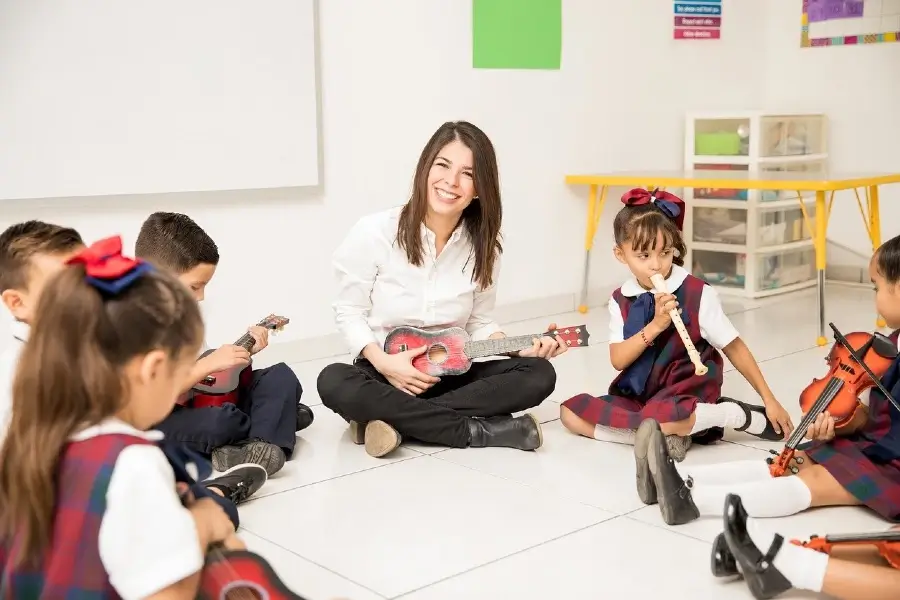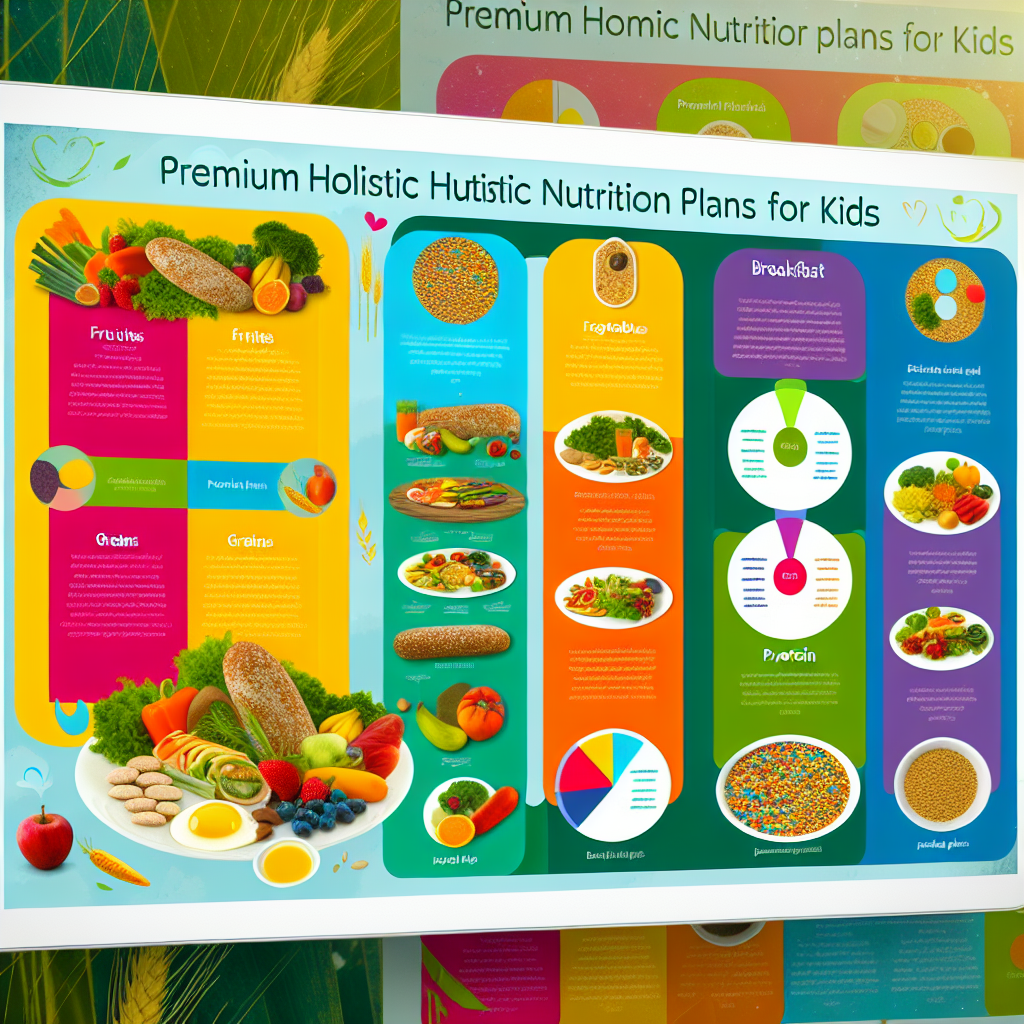The commencement of a child’s kindergarten journey is a significant milestone. This is an occasion to capture numerous photographs and shed a few tears. However, the actual process of getting ready for the initial day starts far in advance of the official registration date.
Parents have numerous methods to prepare their children for school, and they can accomplish this without engaging in costly or intricate activities.
A comprehensive education for all children should aim to provide a solid grounding in academic and social-emotional competencies. To accomplish that objective, it is imperative for early learning educators to possess a profound comprehension of the developmental and learning processes of young children.
Exploring strategies to enhance access to high-quality and affordable childcare.
These educators can assist children in developing their abilities in various locations and contexts, including preschools, family residences, community centers, and even outdoor spaces. Furthermore, they can assist children, and their families in cultivating enduring learning behaviors essential for their academic readiness and future achievements.
In light of the COVID-19 pandemic, policymakers are actively exploring strategies to enhance access to high-quality and affordable childcare and early learning opportunities for all families, recognizing the longstanding issue of inadequate funding in the nation’s ECE system.
The National Association for the Education of Young Children (NAEYC) has initiated efforts to offer more precise instructions to early childhood education (ECE) instructors.
Several states are implementing progressive measures such as complimentary pre-K programs and school readiness assessments for 4-year-olds.
The National Association for the Education of Young Children (NAEYC) has initiated efforts to offer more precise instructions to early childhood education (ECE) instructors regarding implementing research-based strategies to enhance children’s social and emotional development.
For instance, a youngster who can articulate and control their emotions – regardless of whether they experience enthusiasm or apprehension towards attending school – can readily adjust to the educational setting.
Academic preparation includes a child’s literacy, numeracy, and mathematical problem-solving proficiency.
Children who can concentrate, adhere to directions, and actively engage in classroom tasks are more prepared to handle the demands of a kindergarten curriculum.
Children who can independently unpack their bags, hang up their jackets, and put on their shoes are also more equipped to handle the self-reliance necessary in a kindergarten setting.
Academic preparation includes a child’s literacy, numeracy, and mathematical problem-solving proficiency. These skills can be cultivated by engaging in reading and writing activities at home and collaborating with a seasoned ECE teacher.
The child’s encounters in the world are equally significant in cultivating these academic abilities, alongside their aptitude for critical thinking and problem-solving.
This checklist comprises five essential components for achieving academic success.
It is pretty unusual for children to excel in certain academic areas while being less proficient in others. Kindergarten teachers must accurately detect these deficiencies and collaborate with parents and families to ensure that children enter the classroom with self-assurance and are prepared to commence studying the academic standards of their state.
To initiate the process, please click on the provided link to acquire a complimentary checklist encompassing the necessary proficiencies that youngsters should possess before commencing their education. This checklist comprises five essential components for achieving academic success: colors/letters, numbers/counting, size/comparisons, and shapes. The checklist also provides recommendations for home-based activities that can assist in preparing your child for kindergarten.

Dominic E. is a passionate filmmaker navigating the exciting intersection of art and science. By day, he delves into the complexities of the human body as a full-time medical writer, meticulously translating intricate medical concepts into accessible and engaging narratives. By night, he explores the boundless realm of cinematic storytelling, crafting narratives that evoke emotion and challenge perspectives. Film Student and Full-time Medical Writer for ContentVendor.com




